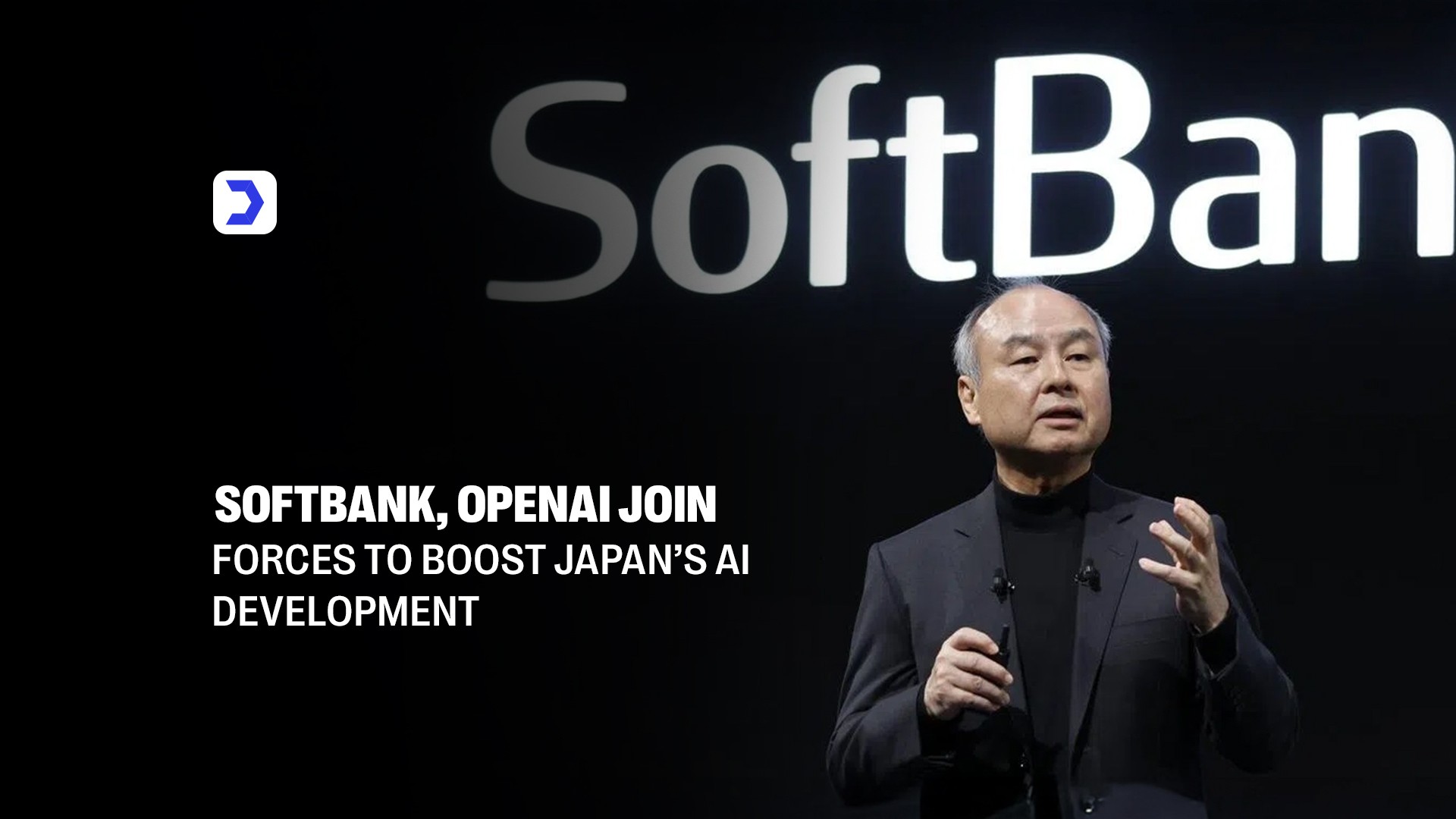Summary
- GPT-5 represents a significant upgrade to Codex AI, enhancing its ability to generate complex code and improve the overall programming experience for developers.
- The integration of GPT-5 into tools like Codex allows for more advanced capabilities, such as debugging, refactoring, and optimizing larger codebases with greater precision.
- GPT-5 introduces better contextual understanding, enabling AI to assist with intricate coding problems that require a deeper level of problem-solving and logical thinking.
- Codex powered by GPT-5 offers more efficient and accurate code generation, saving time for developers and improving the quality of the final product.
- The deployment of GPT-5 in various platforms, including mobile devices, signifies its broader impact across industries, making AI-driven programming tools more accessible.
- Apple’s early integration of GPT-5 into its iOS 26 update highlights the growing influence of GPT-5 on everyday technology, enhancing the user experience and boosting productivity.
- As AI continues to evolve, GPT-5 will play a key role in reshaping software development, driving innovation, and enabling developers to work more effectively with AI-driven tools.
The introduction of GPT-5 marks a significant leap forward in the world of artificial intelligence, especially for developers and those involved in AI programming. OpenAI’s latest model promises to change the way developers interact with AI tools, offering unprecedented capabilities in coding, automation, and natural language understanding. GPT-5 is not just an incremental update, it represents a new era for the Codex AI model and Open AI coding tools.
With the release of GPT-5, Codex has become even more powerful. Codex, originally designed to assist developers by generating code from natural language, has now been enhanced to handle much more complex coding tasks. The GPT-5-Codex combination can understand deeper contexts, solve advanced programming challenges, and generate optimized code more effectively than before. This makes it an invaluable tool for developers, enabling them to write cleaner, more efficient code in a fraction of the time.
What’s particularly exciting about GPT-5 is its ability to handle more abstract aspects of programming. While previous iterations of Codex excelled at generating basic code and troubleshooting errors, GPT-5 can now suggest solutions for intricate design patterns, logic problems, and optimization techniques. This improvement empowers developers to tackle larger and more complex projects with greater ease, helping to accelerate development timelines and improve the quality of the final product.
In addition to the advancements in Codex AI, GPT-5 offers deeper integration with tools like ChatGPT 5, allowing for natural language conversations about code. Developers can now engage with AI to discuss coding issues, ask questions about specific code snippets, and receive real-time suggestions, all through a conversational interface. This shift in how developers interact with AI transforms the coding process, making it more intuitive and accessible.
As GPT-5 continues to evolve, it holds the potential to impact industries beyond software development. Its ability to generate human-like text and understand complex data makes it an ideal tool for applications ranging from customer service automation to content generation. For businesses looking to streamline operations or enhance customer engagement, GPT-5 offers a powerful solution to automate and optimize various processes.
As OpenAI unveils GPT-5, the potential for transforming AI programming becomes even more apparent. The potential for GPT-5 to transform industries is immense, and we’re only beginning to scratch the surface of what it can achieve.
The release of GPT-5 is not just a technological upgrade, it marks the beginning of a new chapter for AI-driven programming, automation, and human-AI collaboration. With the enhanced capabilities of Codex and its integration with ChatGPT 5, GPT-5 is set to revolutionize the way developers and businesses work with AI, making it easier than ever to generate high-quality code and innovative solutions across a wide range of applications.
GPT-5-Codex is a Big Upgrade
The release of GPT-5 has brought a significant boost to Codex AI, enhancing its ability to tackle more complex coding tasks and improving the speed and quality of code generation. GPT-5 brings a new level of sophistication, allowing for deeper understanding and better handling of intricate programming challenges. Developers can now work more efficiently, relying on Codex to generate not only basic code but also to help with debugging, refactoring, and optimizing larger codebases.
Moreover, the integration of GPT-5 into various platforms, including the iOS ecosystem, further amplifies its utility. As companies like Apple start rolling out GPT-5 within their software, this model can offer advanced functionalities directly in apps, making coding assistance and programming tasks even more accessible for a broader audience. For example, Apple’s decision to incorporate GPT-5 into its upcoming iOS 26 release ahead of schedule highlights the growing impact of AI in everyday mobile and desktop experiences. This early deployment ensures that Apple’s users will experience faster, more intuitive interactions with their devices, improving productivity and overall device functionality. This alignment of GPT-5 with widely used platforms signals a pivotal shift towards more seamless integration of AI in mobile and web development.As GPT-5 continues to evolve, its influence on coding, AI assistance, and machine learning will only deepen. For developers looking to stay ahead, understanding and leveraging these advancements will be key in maintaining efficiency and driving innovation in software development. For those interested in further developments in AI, OpenAI’s latest breakthroughs can be found in ongoing coverage and updates across platforms like Digital Software Labs news that dive into GPT-5’s expanded role in shaping technology




